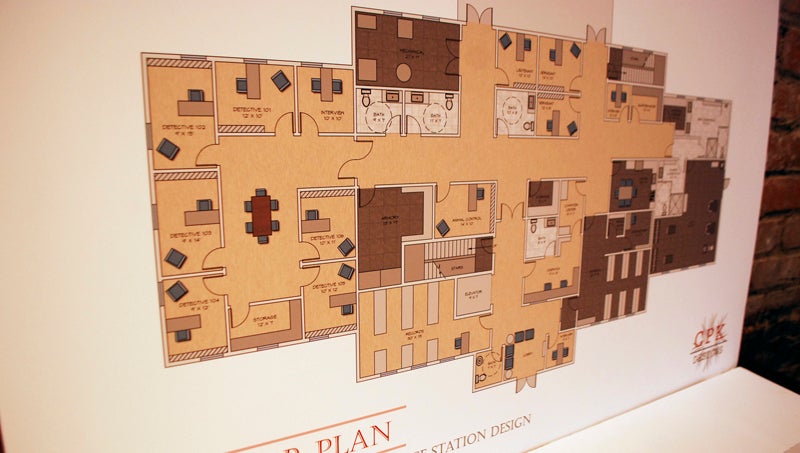Fiscal fitness
Published 7:37 pm Tuesday, May 1, 2018

- BLUEPRINTS TO BRICKS AND MORTAR: By establishing a reserve fund for capital projects, Washington officials plan to turn proposed projects such as a new police station into realities. (Daily News)
Washington officials are getting more serious about reducing debt, especially debt associated with major capital projects such as replacing aging electrical substations and building a much-needed new police station.
Several years ago, the city council adopted a pay-as-you-go philosophy when it comes to such major expenditures. That approach allows the city to do major projects in phases at it finds the money for each phase. The pay-as-you-go method keeps the city from incurring additional debt, with the goal of completely erasing the city’s debt-service payments.
To further that philosophy, the City Council, during its budget work sessions last week, established several capital reserve funds with varying amounts of “seed money.” The funds were created so the city can begin putting money into them in an effort to pay for upcoming capital projects such as library expansion and downtown streetscape improvements.
Last week, Councilman Roland Wyman, true to his word, lobbied for the capital reserve funds. Several days before the budget works sessions, Wyman said he wanted the council to focus on creating such funds, including one for downtown streetscape improvements.
Washington officials are considering completing a one-block section of its planned downtown streetscape improvements project as a way to leverage more state grant funds for the entire project. Goldsboro did something similar when it made streetscape improvements a few years ago.
Setting up the new capital reserves funds is not new for the council. The city has a public-safety capital-reserve fund for a new police station. At present, that fund has $1.6 million for the new facility. That money is the result of the city earmarking just under two cents of the city’s property-tax rate for the public-safety capital-reserve fund.
The reserve funds will keep the city from borrowing money for major expenditures and having to pay back that money with interest. Those funds and the pay-as-you-go approach will save the city money.
That’s good for the city and its taxpayers.




